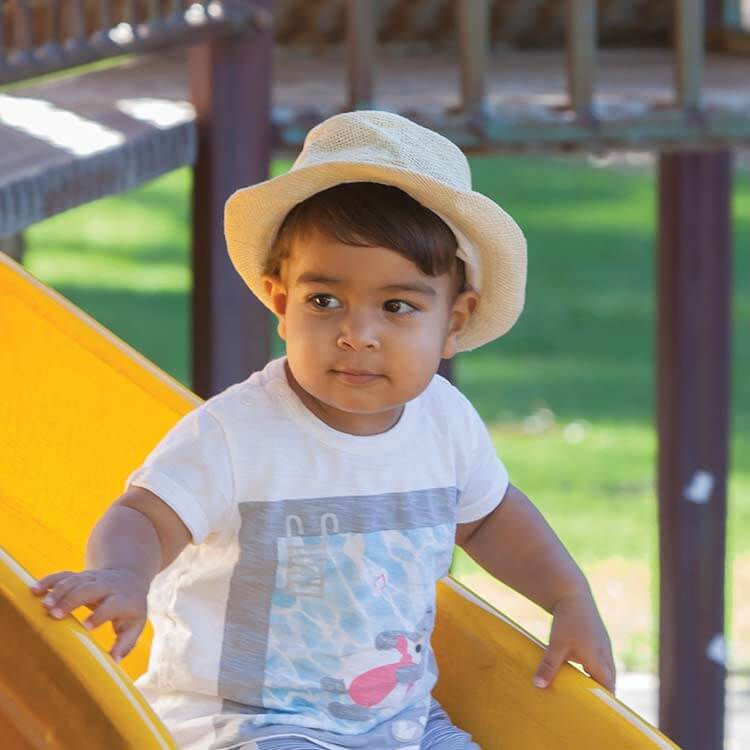Search
Research
Evaluation of the processes of family-centred care for young children with intellectual disability in Western AustraliaGovernment early intervention services for children with intellectual disability (ID) in Western Australia have adopted the model of family-centred care.

The Early Years Systems Evidence (EYSE) team specialises in working in partnership with governments and service providers, with a distinct focus on improving the life chances of children in Australia.
Research
The Wellbeing and Engagement Collection (WEC): Promoting the importance of students’ wellbeing and mental health in schoolso help raise the profile of student wellbeing in the education system in Australia, The Kids Research Institute Australia and SA Department for Education through the Fraser Mustard Centre, set out to adapt and trial a population-level student wellbeing measure that could be used across the entire public and p
Research
Provision of Engagement Services for the AEDCSupport services to the Department of Education and Training and the AEDC State and Territory Coordinators and their support staff across Australia.
Research
Language in Little Ones (LiLO)The Language in Little Ones (LiLO) study is a five-year longitudinal study (2017-2021), funded through the National Health and Medical Research Council. The study investigates the quantity and quality of language exposure in the home environment during the first five years of a child’s life.
Research
Participation in the Wellbeing and Engagement collection in South Australian schoolsIn South Australian schools, students in Grade 4 to 12 are invited to participate in an annual survey about their wellbeing and engagement in school, referred to as the Wellbeing and Engagement Collection.
Research
Wellbeing and academic achievement paperIn this report, we explore the relationship between student wellbeing, school engagement, and academic achievement.
Research
Wellbeing and Engagement Collection (WEC) in the South Australian school systemThe aim of the WEC is to help teachers, school leaders and policy makers better understand and support the wellbeing and engagement of their students.
Research
Social support helps protects against depressed mood in adolescenceThe goals of the current study were to identify different trajectories of sadness from Grade 6 to 9 in Australian school students, and to explore the role that social support from school, teachers, friends and families play in supporting students’ mental health.
Research
Child development at school entry and student wellbeing six years laterIt has been well established that children's development at school entry is associated with their later academic achievement, but less is known about whether there is also an association with other measures of school success, such as students' social and emotional wellbeing.
